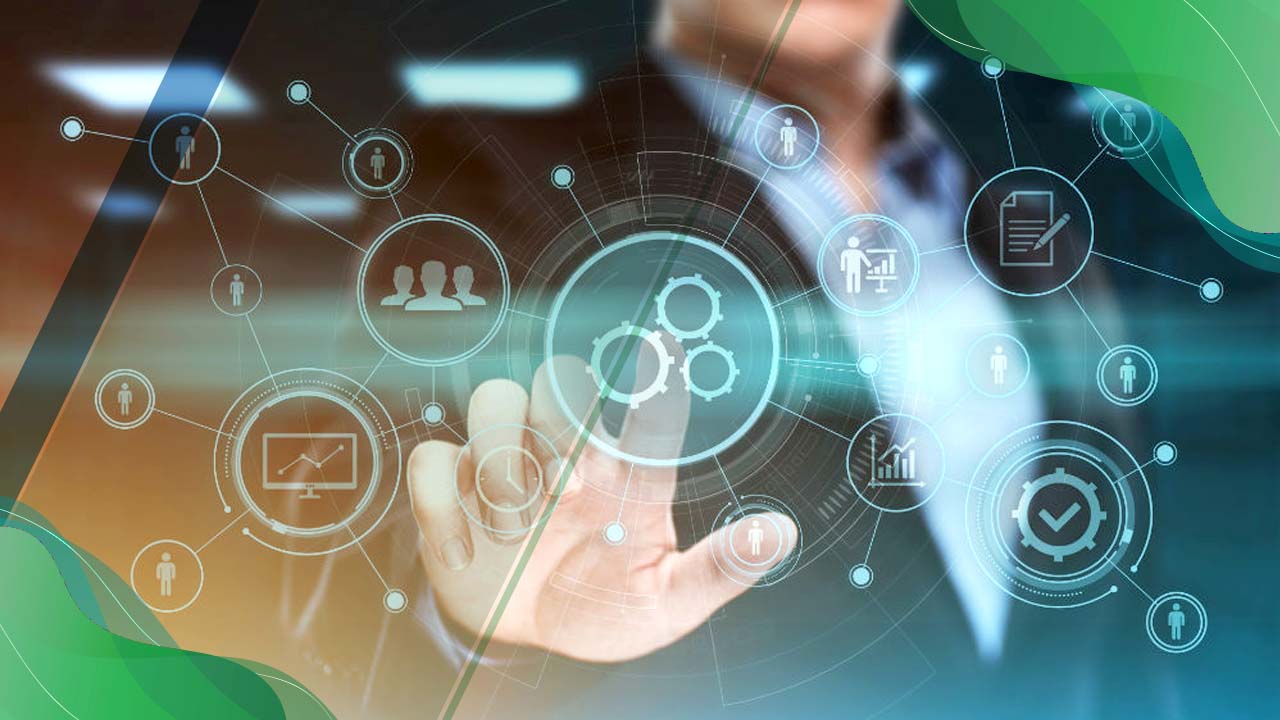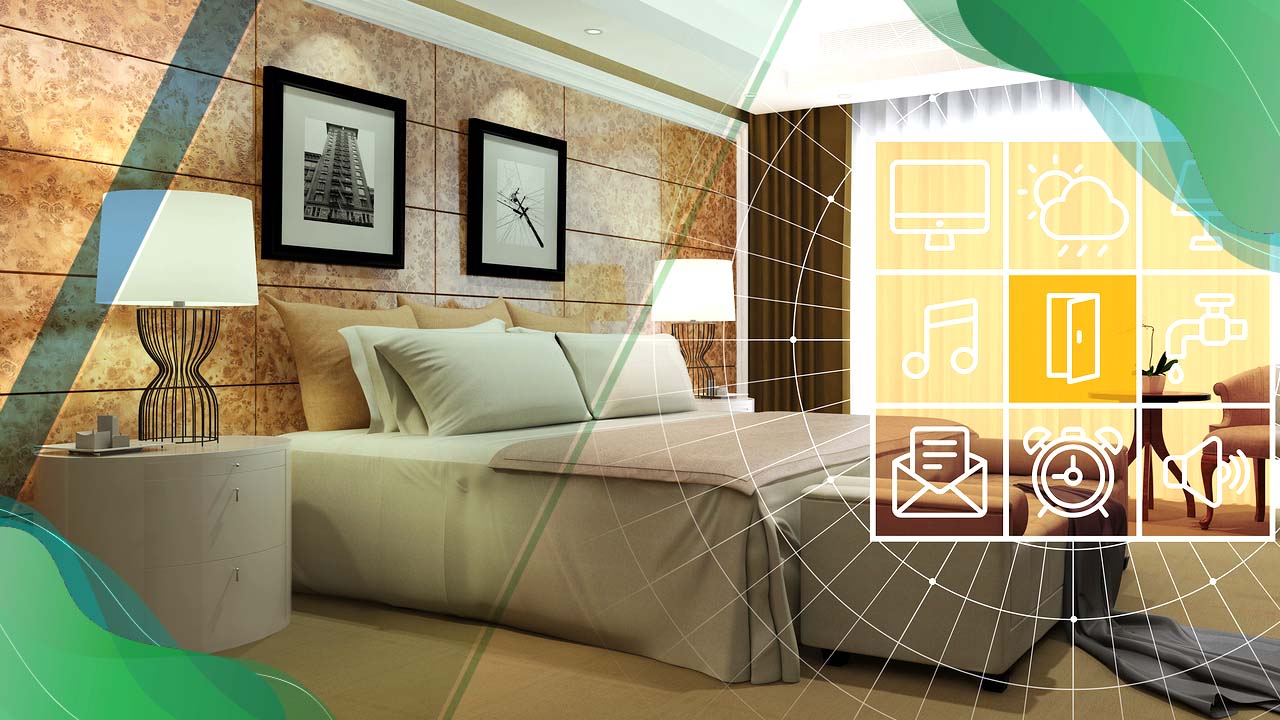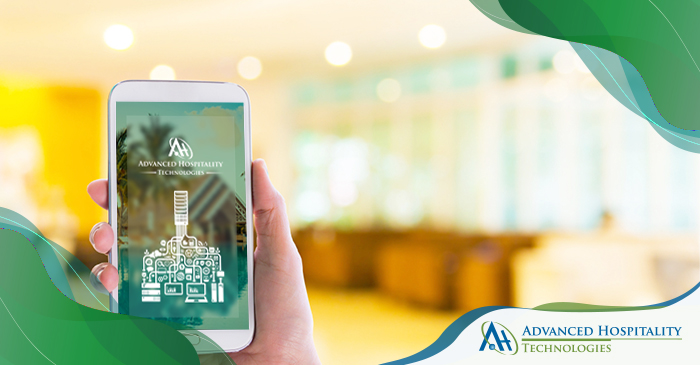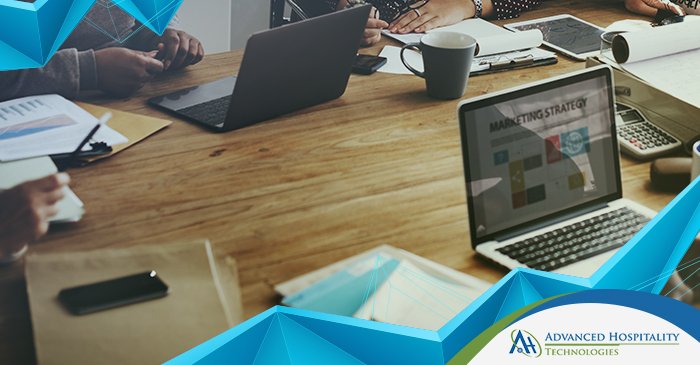The US hospitality business model has been severely challenged by COVID19. Hoteliers are actively conducting service quality gap measurement assessment already to redesign their guest experiences with more safety standards in place.
Academics define service quality as the difference between guest expectations of services and the quality of service that they receive.
Health safety rules and COVID19 SOPs demand more automation from hospitality providers with a contactless approach to services. Hoteliers are increasingly being pulled towards technology solutions for the safety and convenience they offer to both guests and hotel staff.
Designing a future-proofed technology infrastructure for guest services requires the professional expertise & experience to merge technology with hospitality. Technology gap assessments in hotels are both complex and subjective.
A service technology gap analysis is the starting point for hoteliers who seek to reopen after the coronavirus lockdowns. This unique service quality gap assessment identifies three essential elements in hotels and gauges their efficiency:
- Hotel back office technology infrastructure
- Hotel guest technology service design
- Service liability management
A sound back office infrastructure lays the foundations for outstanding guest service in hotels. Synergizing the various elements of the hotel efficiently and timely to a high-performance internet and networking infrastructure is bound to deliver superb services.
The service quality gap assessment identifies where the back office infrastructure stands and what it will need to be more secure, effective, and reliable for daily operations post COVID19. Usually this involves auditing all I.T. and technology assets for health, vulnerability, and stability.
Any hotel that wants to survive post-COVID19 must have a technology service strategy in place. Social distancing rules and sterilization requirements make it essential for hotels to create a more touchless service design.
For instance, Marriott Hotel Group has introduced their BonVoy smartphone app as the primary experience manager for their customers. From planning the journey and booking hotel rooms to opening room doors and ordering food, the Bonvoy app is the central dashboard of the guests.
Similarly, hotels are employing different service designs to keep their guests safer and their guest experiences delightful. The Westing Houston Medical Center hotel for example deployed two UV sterilization robots to assist staff with cleaning:
Every service quality gap assessment must also identify the liabilities posed to the hotel, especially because of COVID19. The technology manager can be immensely beneficial for hotel owners as they can identify all contact touchpoints and provide insights to digitize such services.
Minimizing liability is one of the most crucial impacts that technology has had for hotels. Reducing contact and providing a more personalized experience to every guest through their smartphones has been the most popular solution in global hospitality.
Technology has allowed hotels not only the opportunity to update their asset infrastructures but has considerably improved service quality according to multiple academic researches. The biggest impact it has had on the service quality gap measurement model is the sheer size of data that it makes available for analysis.
AI and data management are making it possible for hotels to make more informed decisions amid COVID19. Using latest data insights for revenue management, inventory, power management and other areas of the hotel is readily helping hoteliers manage operational efficiency.
Possibly the largest impact technology has had for hotel service quality is through mobility tools and remote work access for staff. Hotel owners have easily migrated their staff to remote work ensuring their safety, while keeping them employed.
The guest service experience has massively benefited from technological involvement and improvement. Guests can safely book, check-in, access rooms, receive food & items, and communicate with hotel staff from within their rooms.
The introduction of lifestyle tech including AI voice assistants, smart TVs, business services, and other amenities is quickly making the concept of the smart room look attractive in US hotels.
Technology management has significantly impacted understanding the touchpoints that can be dangerous amid COVID19. Cleverly digitizing services that previously involved human interaction is one of the most obvious ones.
During this time of turmoil, technology has also allowed hotel owners to understand the importance of cybersecurity and compliance in their assets. A professional service quality gap assessment will immediately identify the security of guest data and payment information.
Conclusion
Technology service quality assessments are a brilliant way to redesign hotel services for COVID19 safety. Get in touch with an AHT Inc. professional technology assessor today to know more about enhancing your service quality through automation.
For more insights and latest trends visit us again soon.




